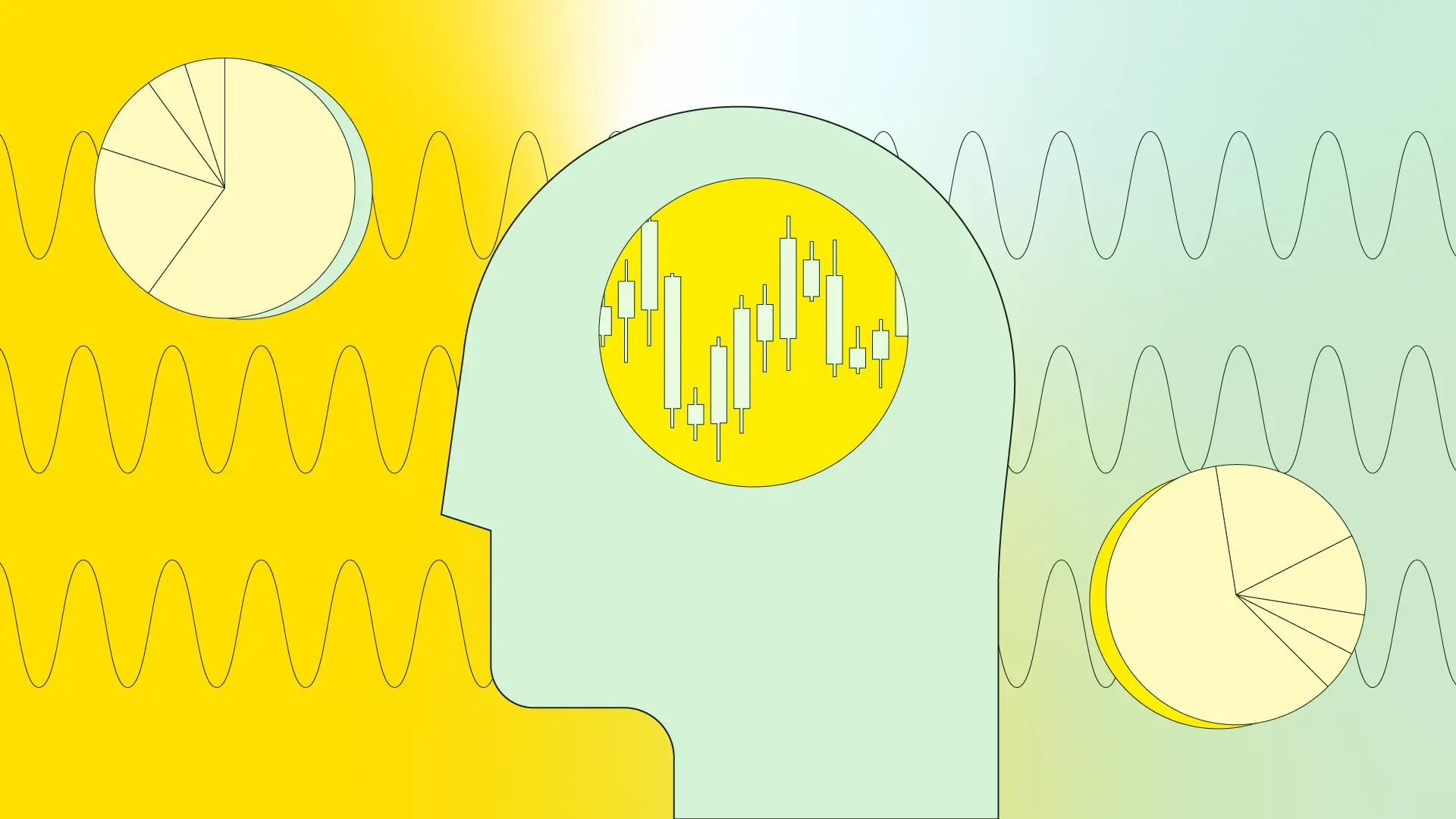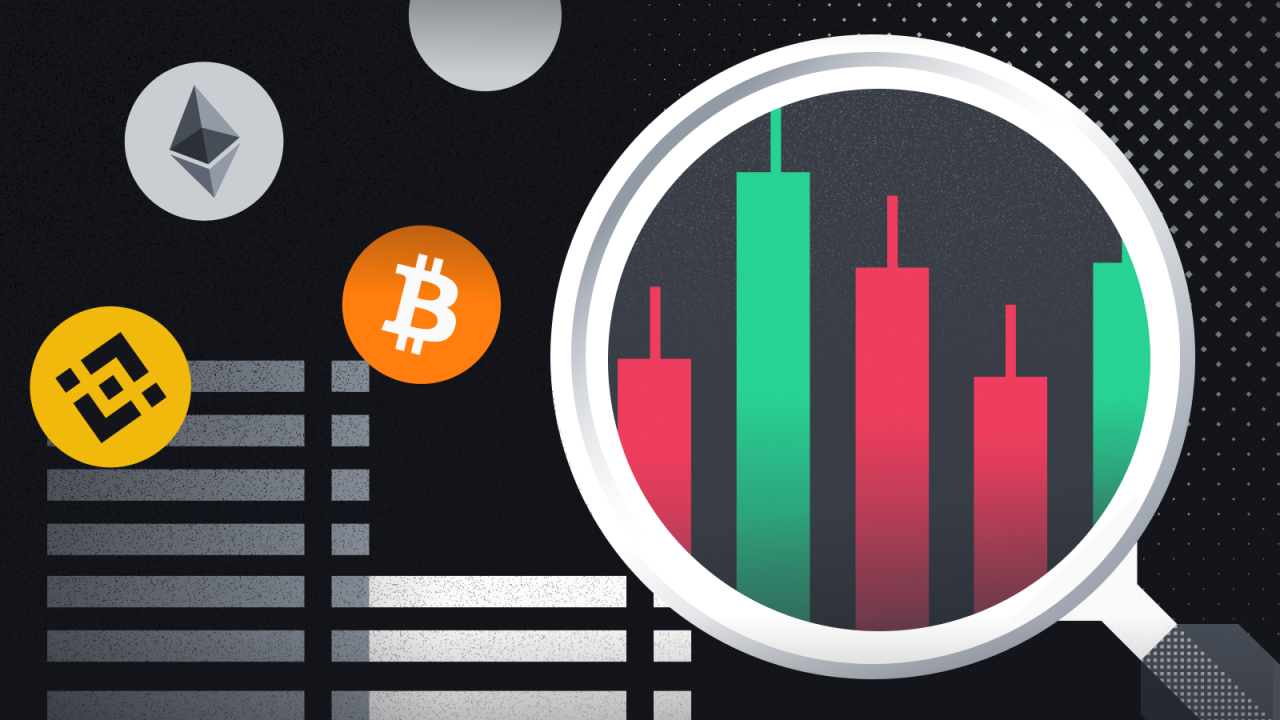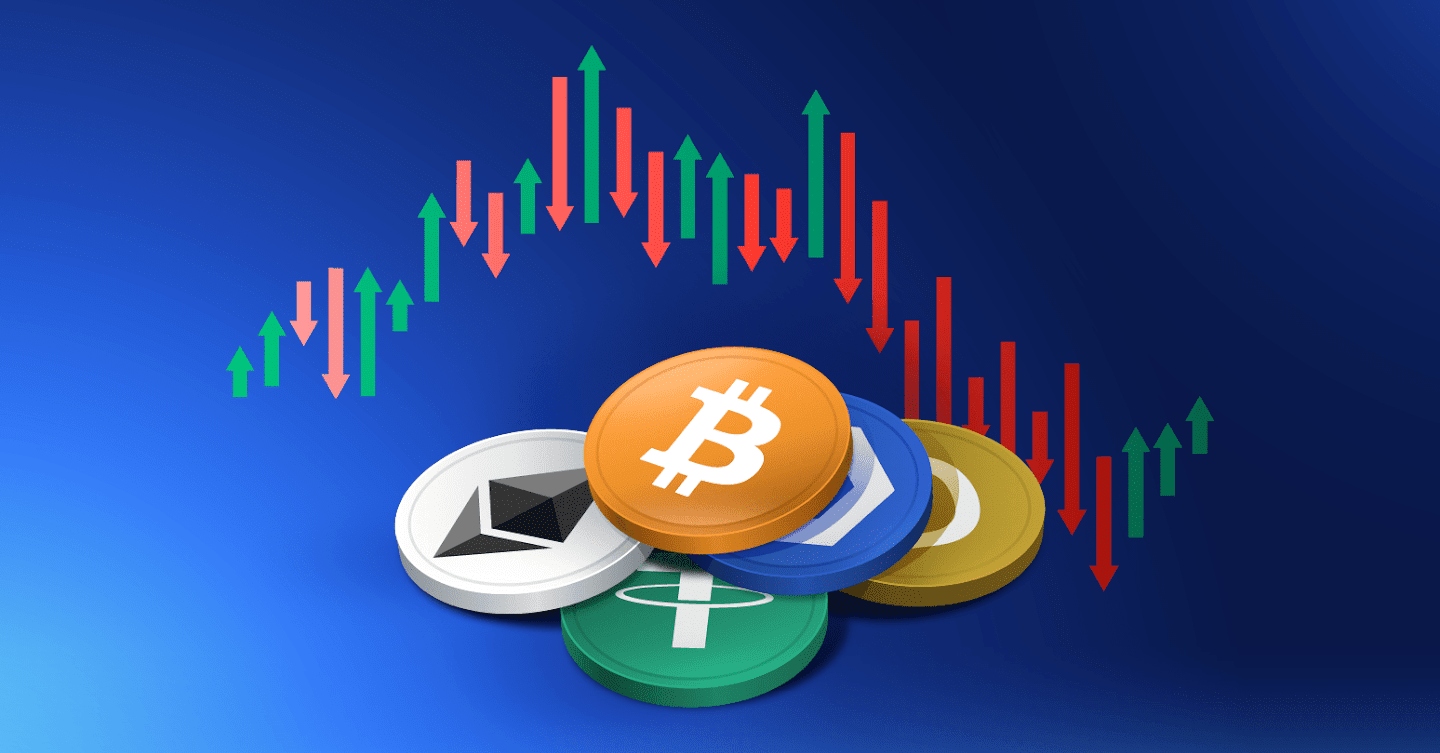The Psychology Behind Bitcoin Trading - A Practical Approach
Learn about the psychology behind Bitcoin trading. Explore the mind of a Bitcoin trader: emotions, strategies, and psychology in the dynamic world of cryptocurrency markets.
Author:James PierceReviewer:Camilo WoodJan 30, 202456 Shares9.4K Views

The psychology behind Bitcoin tradingis a complex and intriguing aspect of the cryptocurrency market. As a decentralized and highly volatile asset, Bitcoin often elicits strong emotional responses from traders, impacting their decision-making processes. Understanding the psychological factors at play is crucial for anyone looking to navigate the world of Bitcoin trading successfully.
As additional platforms make it easier for worldwide clients to buy cryptocurrencies, hundreds of short-term traders are entering the digital asset market. According to some surveys, at least one in every five personsin the United States has traded cryptocurrencies at least once in their lives, and daily trading volumes for crypto assets often range between $50 and $100 billion.
Although it has never been easier to enter the cryptocurrency market, many new traders quickly find how easy it is to become "psyched out" by such a volatile environment. Traders who understand crypto trading psychology, on the other hand, are better able to endure the extreme price swings of coins such as Bitcoin (BTC) and properly manage their portfolios.
Trading psychology principles are not a precise science, but they are widely used by traders to make educated wagers on the cryptocurrency market. Learning more about trading psychology also helps newcomers analyze prospective earnings and execute disciplined trades in the bitcoin business.
The Significance Of Psychological Influence In Trading Crypto
In 2009, the cryptocurrency market was essentially non-existent, but by 2021, it had achieved a $1 trillion market capitalization. Even so, virtual currencies are still considered a dangerous and volatile asset class. Bitcoin, the world's most valuable crypto asset, has a 4% average daily price swing, but altcoins like as Ethereum (ETH), Solana (SOL), and Dogecoin (DOGE) are more volatile.
Because crypto assets frequently make large swings in short periods of time, traders might easily allow irrational emotions to take precedence over their decision-making processes.
In addition to the volatility of digital assets, the crypto market has other specific pressures that influence trading psychology. For example, the market trades 24 hours a day, seven days a week, therefore professional traders have no days off.
The digital asset business is also vulnerable to security threats such as rug pull scams, pump and dump schemes, and hacking. When developing a trading strategy, effective traders must grasp the psychological variables that cause stress in the bitcoin market and devise tactics to mentally offset these dangers.
To gain an understanding of how crypto market psychology works, consider several sorts of analysis such as news, market sentiment, price bias analysis, and so on. However, all of this information will only go you so far.
The crypto community frequently encounters an echo chamber effect, in which the same beliefs are reinforced, and this has a significant impact on crypto market activity. Consider the excitement that occurs for a wide range of emerging altcoins within specific categories with each new "alt season".
Unlike legacy finance, the barriers to entry for new currencies are significantly lower than for a corporation entering the stock market. New ideas can spread faster, but innovations can vanish as quickly as they arrive.
In this exploration, we delve into the psychology behind Bitcoin trading and trading behaviors.
Fear And Greed
The crypto market is notorious for its price volatility, creating an environment where fear and greed play significant roles in shaping trader behavior. During periods of rapid price increases, greed can drive investors to FOMO (Fear of Missing Out), leading to impulsive buying.
Conversely, during downturns, fear can trigger panic selling as investors attempt to avoid further losses. Recognizing and managing these emotions are essential for making rational trading decisions.
Herd Mentality
Herd mentality is prevalent in the cryptocurrency market, where traders often look to others for cues on when to buy or sell. The fear of missing out on potential gains or avoiding losses can drive individuals to follow the crowd, even if it contradicts their initial analysis. This herd behavior can create market trends and amplify both bullish and bearish movements.
Loss Aversion
Loss aversion, a concept from behavioral economics, is prominent in Bitcoin trading. Traders tend to feel the impact of losses more intensely than gains of the same magnitude. This asymmetry can lead to risk-averse behavior, where individuals may be hesitant to cut losses or take calculated risks due to the fear of further depreciation.
Overconfidence Bias
Overconfidence bias is a psychological phenomenon where traders believe their skills and knowledge are greater than they actually are. This can lead to excessive trading, neglecting risk management, and taking positions based on unfounded confidence. Overconfident traders may be more susceptible to significant losses, as they may overestimate their ability to predict market movements.
Confirmation Bias
Confirmation bias refers to the tendency to seek, interpret, and remember information that confirms one's pre-existing beliefs. In the context of Bitcoin trading, this bias can lead traders to selectively focus on information that supports their existing views, ignoring contradictory evidence. This can contribute to a narrow perspective and hinder objective decision-making.
Regret Aversion
Regret aversion plays a role in Bitcoin trading, as traders may make decisions based on avoiding the potential regret of making a wrong move. This fear of regret can lead to hesitation, missed opportunities, or sticking to familiar strategies, even if they may not be optimal. Successful traders learn to manage regret aversion by focusing on rational analysis and disciplined decision-making.
Impatience And Long-Term Vision
Bitcoin trading often requires a delicate balance between short-term gains and long-term vision. Impatience can lead to hasty decisions, chasing short-term profits without considering the broader market trends. Traders with a long-term vision, on the other hand, may be more resilient during market fluctuations, understanding that price volatility is a natural part of the cryptocurrency landscape.
Stress And Mental Well-being
The high-stakes nature of Bitcoin trading can contribute to stress and anxiety among traders. Stress can impair cognitive functions and decision-making abilities, leading to irrational choices. Traders must prioritize mental well-being, adopting strategies to manage stress, such as setting realistic goals, taking breaks, and maintaining a healthy work-life balance.
Risk Tolerance And Position Sizing
Understanding one's risk tolerance is crucial in Bitcoin trading. Traders with a low risk tolerance may panic during market downturns, leading to impulsive decisions. Establishing appropriate position sizes based on risk tolerance can help mitigate the emotional impact of market fluctuations and prevent significant portfolio losses.
The Psychology Behind Bitcoin Trading - FAQs
What Is Crypto Trading Psychology?
The psychology of cryptocurrency trading determines every market movement. It describes the emotional rollercoaster, fear, greed, and excitement, that influences traders' decisions. Emotions frequently drive impulsive behavior, resulting in buying at peaks or panic selling during falls.
What Is The Psychology Of Bitcoin?
Bitcoin investing is an extremely emotive and volatile activity that can be influenced by a wide range of psychological elements, including anxiety, FOMO, and greed. When investing in Bitcoin, it is vital to control your emotions and be rational.
How Does Fear And Greed Impact Bitcoin Trading Decisions?
Fear and greed often drive impulsive actions in Bitcoin trading, influencing decisions such as FOMO buying during price increases and panic selling during downturns.
Why Is Risk Tolerance Important In Bitcoin Trading, And How Can It Be Managed?
Understanding risk tolerance is crucial, and managing it involves setting appropriate position sizes to mitigate the emotional impact of market fluctuations.
Conclusion
Mastering the psychology behind Bitcoin trading is a journey that involves self-awareness, discipline, and continuous learning. Traders must recognize and manage emotional responses, understand behavioral biases, and develop strategies that align with their risk tolerance and financial goals.
By fostering a disciplined and rational approach, traders can navigate the complexities of the cryptocurrency market with greater resilience and a higher probability of success.
Jump to
The Significance Of Psychological Influence In Trading Crypto
Fear And Greed
Herd Mentality
Loss Aversion
Overconfidence Bias
Confirmation Bias
Regret Aversion
Impatience And Long-Term Vision
Stress And Mental Well-being
Risk Tolerance And Position Sizing
The Psychology Behind Bitcoin Trading - FAQs
Conclusion

James Pierce
Author

Camilo Wood
Reviewer
Latest Articles
Popular Articles

